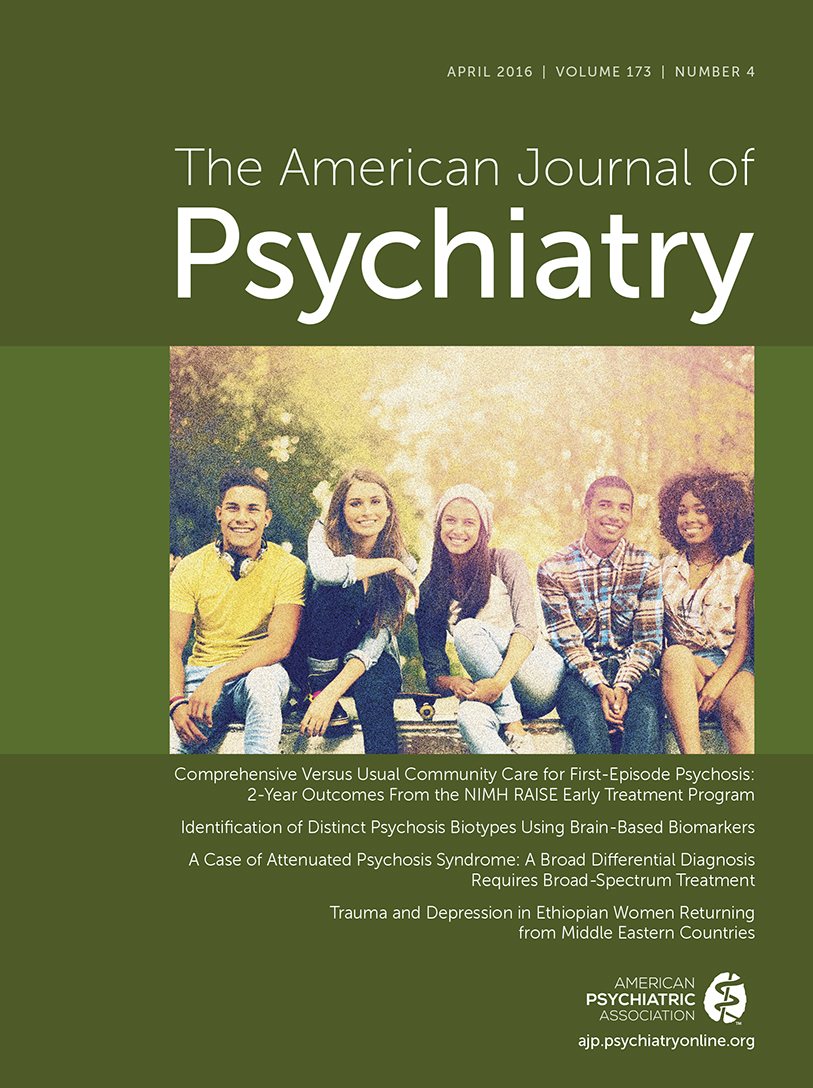Response to Zhang and Ho: Addressing Ketamine’s Use in Depression
Tothe Editor: We are pleased by the interest and debate generated by our review and meta-analysis of antidepressant trials of ketamine and other N-methyl-d-aspartate antagonists. Recognizing the controversy already surrounding the clinical use of ketamine in treating depression, we endeavored to submit a report that served neither as an apology for ketamine’s antidepressant use nor as a polemic against it.
In their letter, Zhang and Ho mention “flaws” in existing randomized clinical trials. Some of these limitations—for example, the brevity of the trials and concomitant psychotropic administration—were addressed in our report. Others would tend to reduce rather than exaggerate evidence of ketamine efficacy. For example, Zhang and Ho are concerned by the impact of practice effects attributable to frequent readministration of psychometric scales. Practice effects typically generate concern when the outcome of interest is a performance measure rather than a symptom rating. Moreover, the impact of practice effects is typically to reduce between-group variability. Similarly, the authors’ concern regarding low baseline suicidal ideation severity is counterintuitive, as this would also tend to reduce between-group variability.
Zhang and Ho posit that ketamine’s rapid antidepressant effects may be attributable to “amphetamine-like properties.” In our report, we acknowledged that dopaminergic activity has been postulated as a mechanism for ketamine’s antidepressant effects. However, the failure of stimulant therapy to produce the rapid antidepressant effects observed in ketamine trials undermines this assertion.
Finally, the caution from Zhang and Ho regarding uropathic effects of chronic ketamine use is an important clinical consideration.



